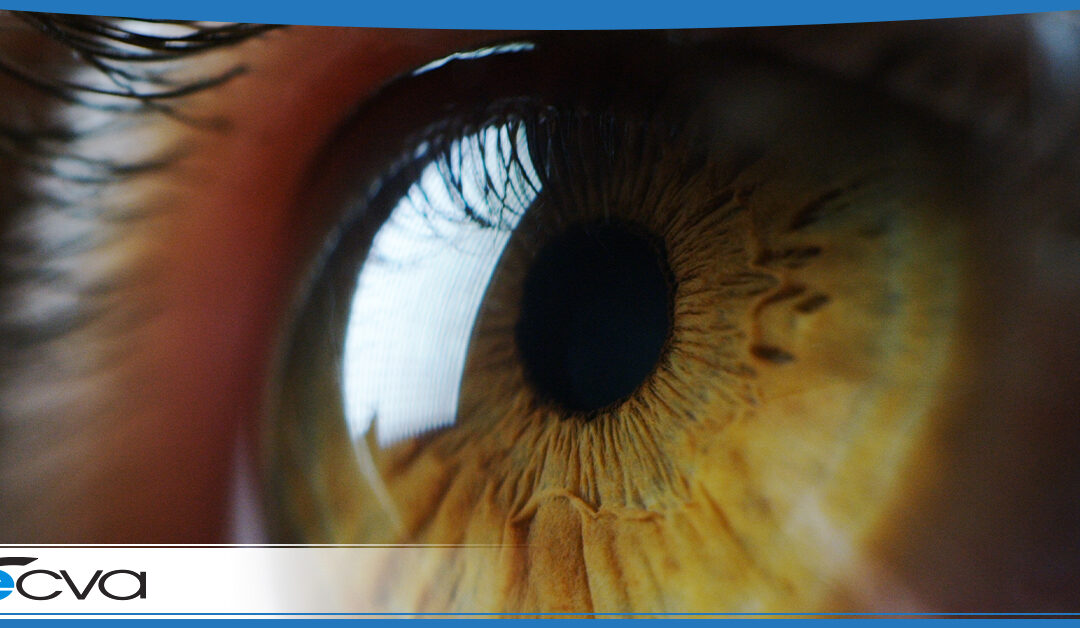
by ecvaeyeadminz | May 6, 2021 | Eye Health
Most people understand that aging impacts the human body. However, many people are caught off guard when it comes to how aging effects our eyes. Age-related eye changes are fairly common, though each one has a different kind of impact. Some may...

by ecvaeyeadminz | Sep 10, 2020 | Eye Health
Many people have grown up knowing certain vision “facts.” They may have heard them from their parents as a child, passing the tidbit of vision along to their children as their parents did with them. However, some of this vision “wisdom” may or may not be...
by ecvaeyeadminz | Sep 10, 2020 | Eye Health
Many people have grown up knowing certain vision “facts.” They may have heard them from their parents as a child, passing the tidbit of vision along to their children as their parents did with them. However, some of this vision “wisdom” may or may not be...




